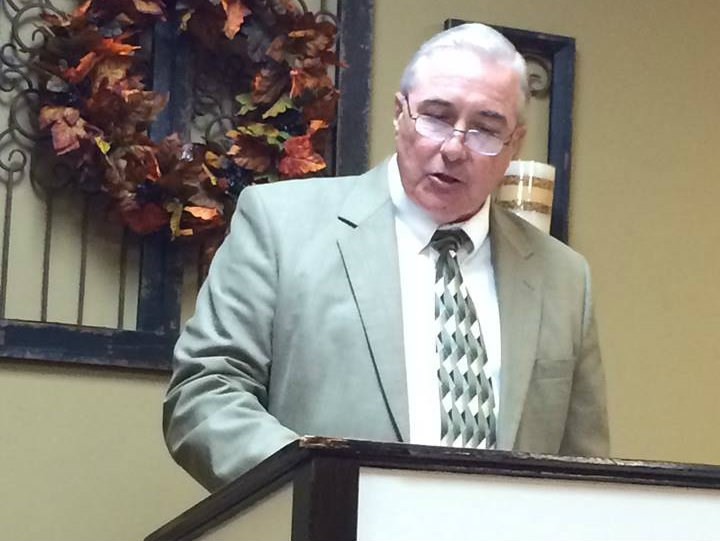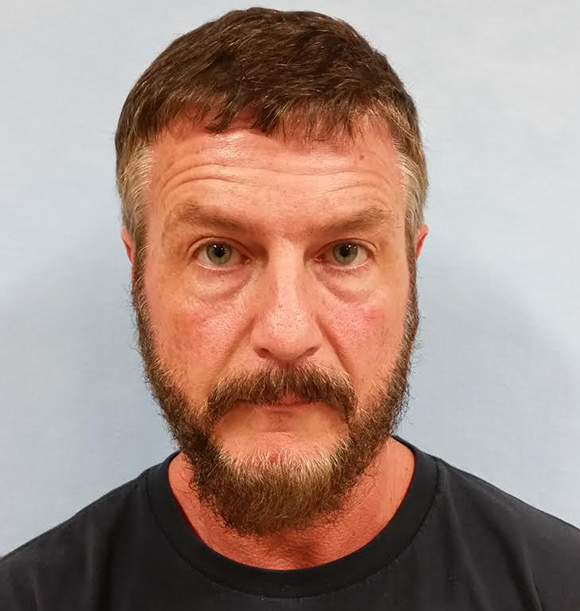It took a jury 30 minutes to find preacher Gregorio Martinez guilty of molesting a 13-year-old boy.
The New Jersey preacher was convicted February 2015 of aggravated criminal sexual contact, child abuse, and endangering the welfare of a child, for which he was expected to be sentenced to probation. But more accusers came forward before the sentencing phase began, opening up the possibility of more prosecution for Martinez.
Facing at least a decade in prison, Martinez disappeared.
For the next year and a half police, U.S. Marshals, and prosecutors searched in vain for the pervert pastor. It was only thanks to two journalists that he was found—living 2,000 miles away.
Mark Mueller, an enterprise reporter for NJ Advance Media, had long covered clergy sex abuse, though he hadn’t been covering the Martinez trial. In early 2016, he got a tip about the fugitive’s possible whereabouts in Nicaragua, Mueller said. Five months later, Martinez was arrested across the border in Honduras.
“I have to give NJ Advance Media a lot of credit,” Mueller said. “My boss and my boss’s boss... they didn’t hesitate. They said, ‘We think we have a shot of finding him in Nicaragua, let’s go to Nicaragua.’”
A couple of weeks later, Mueller and his colleague Brian Donohue were on the road to Estelí, Nicaragua, to find the church Martinez was said to be staying at, Iglesia Eben-Ezer. Once they arrived they searched for addresses known only by their location’s relative to landmarks: go to this pole, then four blocks south, three blocks east.
“And in some cases, the landmarks don’t exist anymore,” Mueller said. “So you’ve got to stop and ask people constantly.”
But they didn’t find Martinez at Iglesia Eben-Ezer. Instead, the journalists stumbled upon a community searching for answers to the rumors swirling around the visiting evangelist.
The preacher fled Estelí just two weeks before Mueller and Donohue tracked him there.
Martinez, a native of the Dominican Republic and a U.S. permanent resident, had arrived in Estelí several months earlier. Mueller and Donohue’s investigation found he was recommended to Iglesia Eben-Ezer by Verardo Acosta of the New Jersey-based Assemblies of God. Because Martinez was not ordained, he wasn’t subject to the church’s background check process, Mueller said. Locals had only linked him to the New Jersey crime shortly before Mueller and his team arrived.
“When someone comes recommended, we accept them and don’t ask questions,” one woman in Estelí told the reporters.
Martinez’s easy acceptance into the Estelí community is typical of how the Assemblies of God use existing pastors as references, Mueller said.
“Because he got to know them, he was just accepted,” Mueller said.
Martinez’s lack of a wife, and the fabulist stories he told about being married to a wealthy American, also raised suspicions. One community member told them he had recently Googled the preacher’s name. A local pastor told several tales of his realization, including one that said Martinez’s brother called him to warn about his past with children.
But no one told parishioners, who then surrounded the reporters when they arrived at the town shortly after Martinez’s departure, wanting to know more about the allegations. Local religious officials told the team that they didn’t see the need to report him for crimes committed 2,000 miles away.
“I wouldn’t go to the police for a crime that was committed in the United States,” Enrique Osorio, head of the Assemblies of God council in Estelí, told the reporters. “This is a Martinez problem. Not ours.”
It turned out to be their problem, too. Months after the NJ Advance team returned home and published their expose on Martinez’s escape, Pedro Matamoros, the pastor of the church in Estelí came forward with accusations that Martinez molested a 15-year-old boy there, too.
http://www.thedailybeast.com/articles/2016/08/23/fugitive-perv-preacher-from-u-s-hunted-down-in-honduras.html









